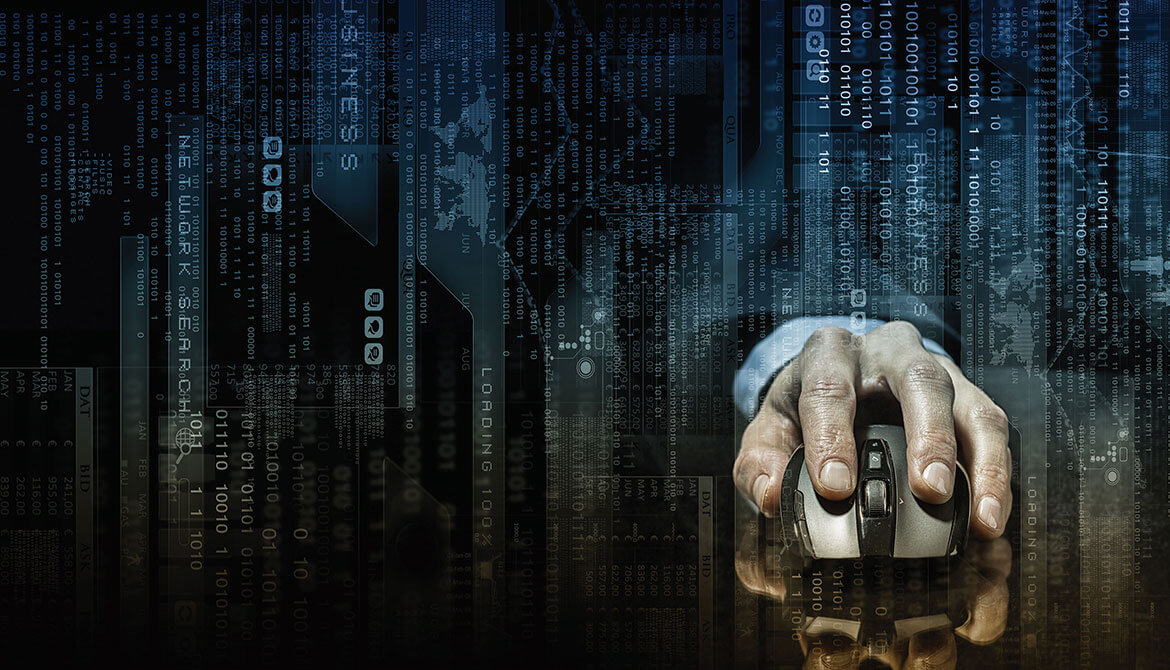Turning Shadows into Shields Ethical Uses of the Darknet
The Darknet, a part of the internet that exists outside the reach of conventional search engines and mainstream monitoring, is often associated with illegal activities. However, it also holds a significant potential for ethical uses that can benefit individuals and organizations. In particular, the Darknet offers a degree of anonymity and privacy that is increasingly hard to maintain in the open web. This anonymity can be vital in environments where surveillance and censorship threaten free expression, making it an essential tool for activists, journalists, and whistleblowers that need to communicate or share information without fear of reprisal. For individuals living in oppressive regimes, where access to information is restricted or heavily monitored, the Darknet offers a lifeline. It allows them to bypass government censorship, access uncensored news, and participate in discussions that would be impossible on the traditional web.

This can be crucial in fostering democratic movements and ensuring that voices from repressed communities are heard on a global scale. Through encrypted communication and anonymized browsing, people can access information safely without being identified or tracked, thus protecting their freedom of thought and expression. Whistleblowing, too, is one of the most ethically grounded uses of the Darknet. It provides a secure platform for individuals within organizations to expose unethical practices without the risk of being detected by powerful TorZon link entities. The ability to leak sensitive information that is in the public’s interest is often protected by the very anonymity the Darknet affords. Journalists and media outlets have long utilized secure communication channels within these networks to protect sources and to safeguard their investigations. This ensures that critical issues, such as corporate fraud or governmental corruption, are brought to light in a secure manner.
In addition, the Darknet offers an environment conducive to the protection of privacy. As concerns over digital privacy grow, individuals are increasingly turning to anonymous services to shield their personal data from intrusive tracking, surveillance, and exploitation. By utilizing encrypted communications and decentralized technologies, people can retain control over their digital footprint. This is especially important for those whose personal information might be vulnerable to misuse, such as activists, dissidents, or individuals at risk of identity theft. The Darknet’s decentralized nature also enables the development of open-source technologies that foster collaboration and innovation without the control of major corporations. Many initiatives focused on privacy, decentralized finance, and peer-to-peer systems have found a home in these dark corners of the internet. These technologies promote transparency, autonomy, and the sharing of resources in a way that cannot be easily manipulated by external forces. While there are certainly negative elements within the Darknet, its capacity to empower individuals and foster trust-based communities is a testament to its ethical potential.



